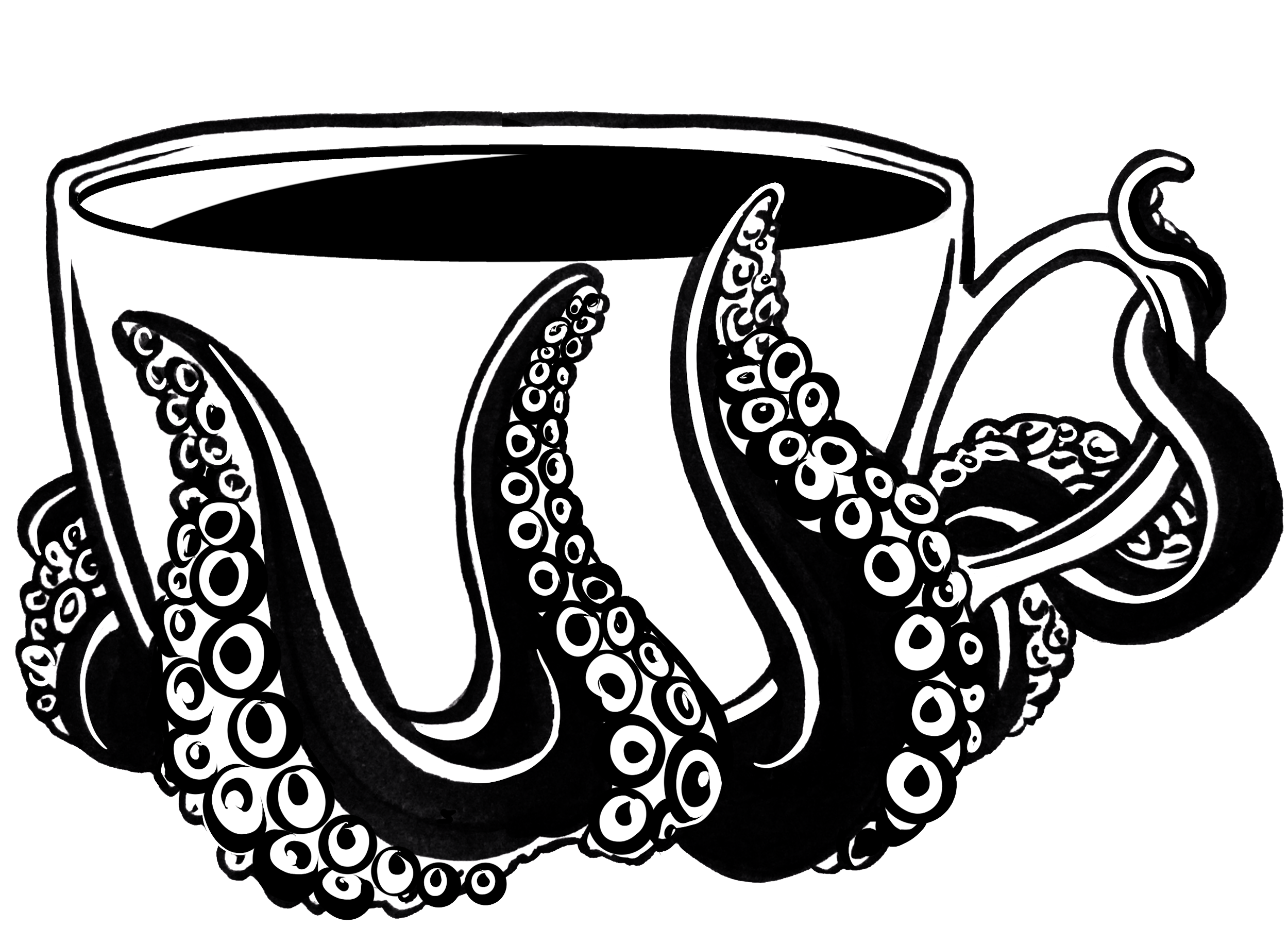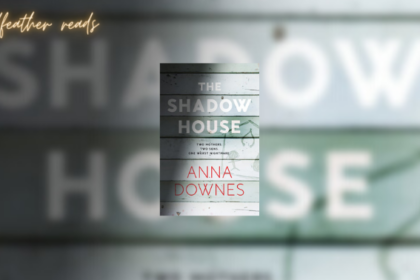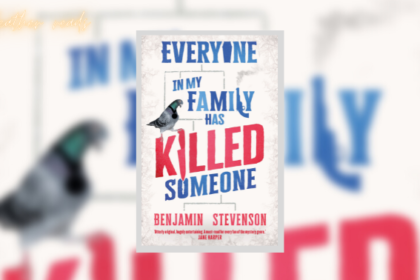Roni (short for Veronica) grew up in Sydney in difficult foster homes and state care. She keeps her life as simple and isolated as possible, working in a takeaway shop and living in a tiny apartment with her only companion: a highly affectionate ex-stray cat called Scritches. Then one day she learns that she’s inherited a house and farm in South Australia, left to her by a mysterious unknown aunt named Marian, who leaves a string of cryptic letters and seemingly impossible (at least, for Roni) tasks to achieve before her inheritance is complete. The prize is tantalising, and if she’s successful in the tasks and can sell the property then Roni, Scritches, and the baby she’s just discovered she’s having will be set for life. But Roni has had a difficult life, is ill-equipped for country-living, and cannot bring herself to trust that others have her best interests at heart; she’s harbouring almost as many difficult secrets as her aunt.
Leonie Kelsall’s debut follows a simple, almost fairytale-like plot: a poorly-treated orphan with no assets and no one to rely on discovers she has a fairy godmother-like aunt and a wealthy property in a beautiful part of the country to call her own, but she must undertake challenges and prove herself worthy of the prize, not to mention a handsome blue-eyed farm hand who could be so much more. Kelsall manages to makes this fairytale setting feel at least somewhat plausible as she doesn’t shy away from the realities of a difficult life; there is a scene where Roni is severely triggered for past traumas, and in a welcome twist from many stories the source of her trauma is not trotted out into the light to be explained in gory detail – the when, the where, the who to blame – but instead the focus is on the effects it has had on Roni and her everyday life, how she manages it, and how she comes to heal from it.
Kelsall also doesn’t romanticise the hard work, frustration and failures that are the reality of self-sufficiency and country life. Roni soon learns that bread-making is more than just following a recipe; successfully managing animals is often trial and error; gardening relies as much on luck as knowledge; and sometimes the weather just might kill you. But there are regular successes and joys in her journey that make the whole story enjoyable, and the slow reveal of small town secrets – not to mention Roni’s vast (though not unexpected) character arc – adds just enough intrigue to hold readers to the end. This is advertised as a romance novel, and there is romance in it, but I’d call it more a novel of self-discovery and healing than a romance. I’d recommend this work to anyone wanting a fairly light, enjoyable read with a happy and satisfying ending.
I was provided a free copy of this book by the publisher in return for an honest review.





